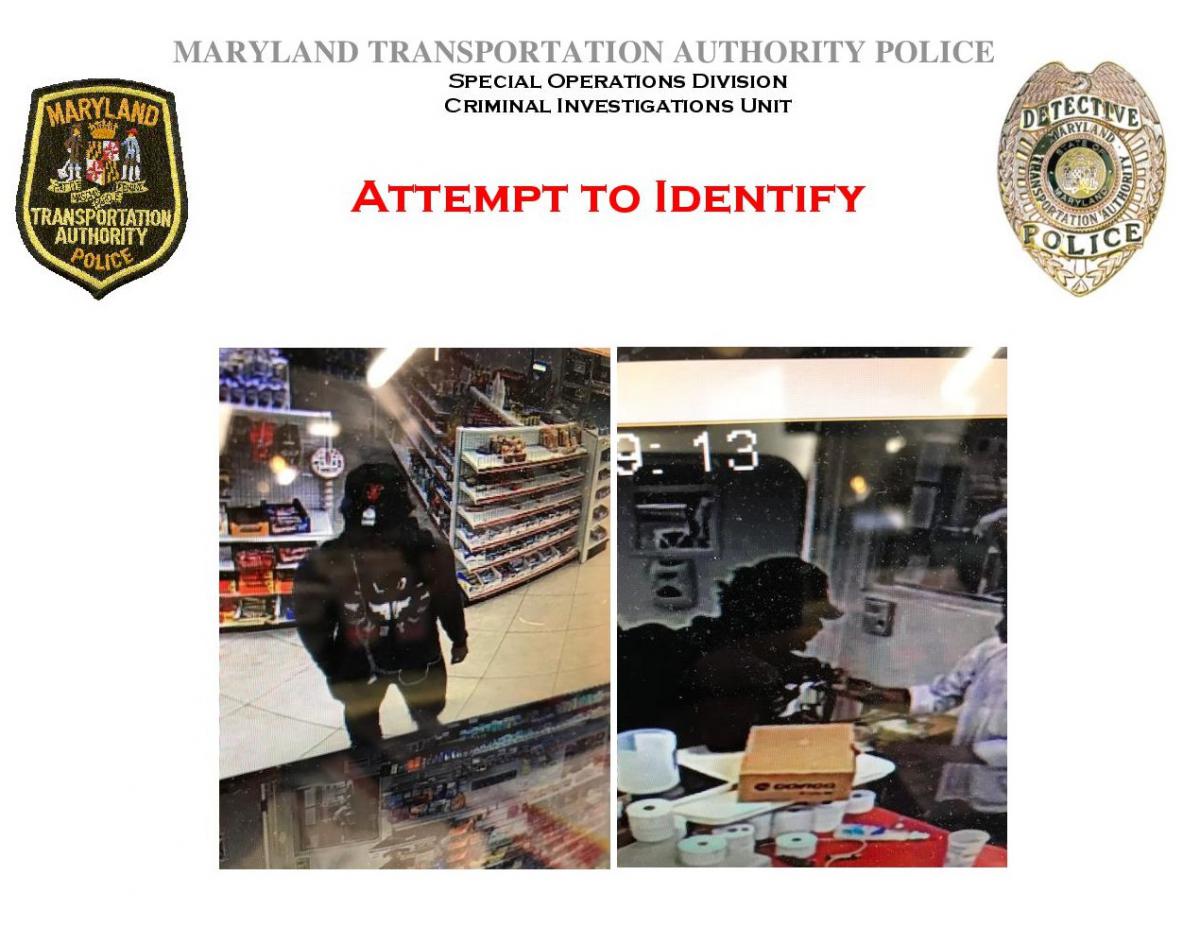BAY CROSSING STUDY TIER 1 DRAFT ENVIRONMENTAL IMPACT STATEMENT AVAILABLE FOR REVIEW & COMMENT
Live Testimony Sessions Scheduled for April; DEIS is Interim Step in Multi-Faceted Study
BALTIMORE, MD (February 23, 2021) – The Tier 1 Draft Environmental Impact Statement (DEIS) for the ongoing Chesapeake Bay Crossing Study is now available for review and comment at baycrossingstudy.com through Monday, May 10, 2021. Originally scheduled for December, release of the DEIS was delayed due to concerns with rising state COVID-19 rates and associated restrictions. In following public health guidance and to ensure adequate opportunity for the public to comment, MDTA and its federal partners at the FHWA updated the roll-out schedule.
The purpose of the study is to consider two-mile-wide corridors to provide additional capacity and access across the Chesapeake Bay to improve mobility, travel reliability and safety at the existing William Preston Lane, Jr. Memorial (Bay) Bridge, while considering financial viability and environmental responsibility.
The Maryland Transportation Authority (MDTA) and the Federal Highway Administration (FHWA) are holding public hearings to provide the public additional opportunities to review and comment on the DEIS, which has been prepared pursuant to the federally mandated National Environmental Policy Act (NEPA).
The public hearings will be comprised of two components – a Public Hearing Virtual Information Room (VIR) and Live Testimony Sessions. The VIR is available on baycrossingstudy.com as of February 23, 2021. In the VIR, attendees can review information on the Tier 1 DEIS, register to give public testimony and learn how to submit written comments. Call-in and in-person testimony sessions will be held in April.
“We are eager to receive feedback from residents, communities, officials, key stakeholders, and members of the public on the DEIS,” said Maryland Department of Transportation (MDOT) Secretary and MDTA Chairman Greg Slater. “We’re working hard to make this process safe by following the guidance of public health officials, while ensuring every interested voice is heard.”
The release of the DEIS is one step in the Bay Crossing Tier 1 Study. Additional steps include identifying a Selected Corridor Alternative and publishing a combined Final Environmental Impact Statement/Record of Decision document in collaboration with FHWA which is expected to be complete in winter 2021/2022. After the Tier 1 NEPA Study is completed and should funding become available, a potential Tier 2 study, to identify alignments within the Selected Corridor Alternative identified during the Tier 1 study, could be initiated.
The DEIS evaluated four retained alternatives, including the No-Build Alternative and three Corridor Alternatives Retained for Analysis (CARA) that were presented to the public in fall 2019:
- Corridor 6 follows MD 177 and ties in with MD 100 on the Western Shore. The corridor ties into US 301 on the Eastern Shore without following the existing road network.
- Corridor 7 follows the existing road network along US 50/301 from west of the Severn River on the Western Shore to the US 50/301 split on the Eastern Shore. The existing Bay Bridge is in this corridor.
- Corridor 8 follows MD 214 and MD 424 to tie into US 50 on the Western Shore. It ties into US 50 on the Eastern Shore without following the existing road network.
Pursuant to the federal process, the MDTA has identified Corridor 7 as the MDTA-Recommended Preferred Corridor Alternative (MDTA-RPCA) in the DEIS.
“Of the no-build alternative and the three corridor alternatives retained in the federal environmental process for further study, the study’s traffic models indicate that building a third crossing within the same corridor as the existing Bay Bridge – Corridor 7 – would have the most positive impact on reducing traffic at the Bay Bridge,” said MDTA Executive Director Jim Ports.
Since fall 2019, a detailed analysis was conducted on the No-Build Alternative and the three CARA and is documented in the DEIS. Corridor 7 has been identified as the MDTA-RPCA based on analysis of a wide range of engineering and environmental factors and input through public comments and coordination with state and federal agencies.
The MDTA is accepting comments on the Bay Crossing Study Tier 1 DEIS for the public record through May 10, 2021. The DEIS is available in the Virtual Information Room at baycrossingstudy.com. If you are unable to view the DEIS on the website, please call 1-877-249-8370.
The public is encouraged to testify at one of the testimony sessions. If you wish to provide testimony, please visit baycrossingstudy.com to register. If you cannot access the project website, call 1-877-249-8370 to register. The testimony sessions are intended for live testimony only and will not include presentations nor responses to questions. The dates and times are:
|
Wednesday, April 14, 2021 1 to 3 p.m. and 6 to 8 p.m. Call-in sessions |
Thursday, April 15, 2021 1 to 3 p.m. and 6 to 8 p.m. Call-in sessions |
|
Wednesday, April 21, 2021 Double Tree Hotel 210 Holiday Court Annapolis, MD 21401 |
Thursday, April 22, 2021 Kent Island American Legion Hall 800 Romancoke Road Stevensville, MD 21666 |
All comments received, whether at the hearing through oral testimony or through other methods – such as via the project website, email at [email protected], and mail at Bay Crossing Study, 2310 Broening Highway, Baltimore MD 21224 – will be given equal consideration.
The MDTA and the FHWA are following a tiered NEPA process that allows the agencies to complete an initial assessment of potential environmental impacts. Funded by toll dollars, the Bay Crossing Study also evaluates modal and operational alternatives including ferry service, bus rapid transit, rail transit, and transportation systems management/travel demand management.
Planning for a new bay crossing is still in its early stages. The Tier 1 study includes identification of a range of Corridor Alternatives as well as a Selected Corridor Alternative in the Tier 1 Final Environmental Impact Statement/Record of Decision (FEIS/ROD). A Tier 2 study would identify specific alignment alternatives within the two-mile-wide Selected Corridor Alternative identified during Tier 1. Completion of the Tier 1 study does not presume the initiation of a Tier 2 NEPA study, since no funding has been identified beyond the current Bay Crossing Study.
A Tier 2 NEPA Study could take three to five years to: 1) identify and evaluate a no-build alternative and various crossing alignments within the two-mile-wide Tier 1 Selected Corridor Alternative; 2) evaluate how buses, ferries, transportation system management and demand management could be used in conjunction with these crossing alignments; 3) review potential environmental impacts; 4) determine project delivery methods, such as design-bid-build or design-build, to organize and finance design, construction, operations, and maintenance; and 5) develop a financial plan that could lead to FHWA ultimately approving one alignment with a Tier 2 ROD.
The process would need a Tier 2 ROD before proceeding to final design, right-of-way acquisition and construction if a build alignment alternative is selected.



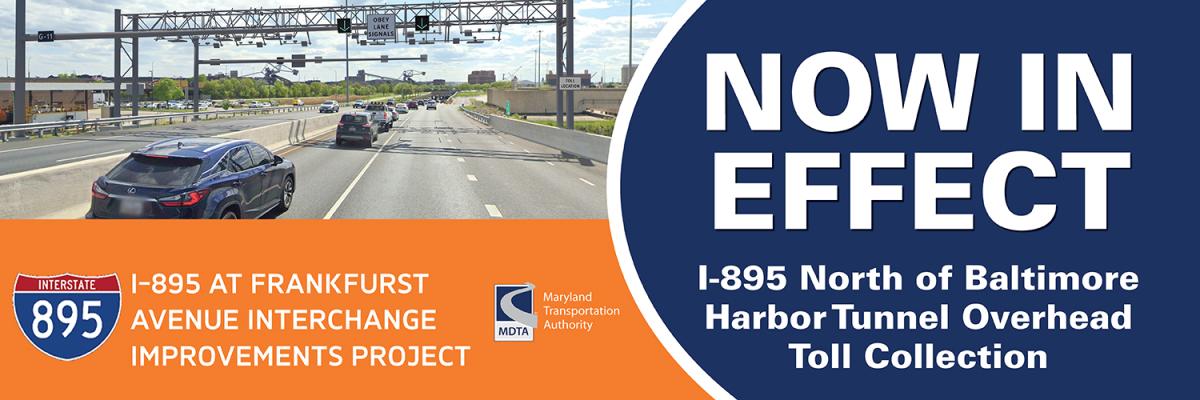
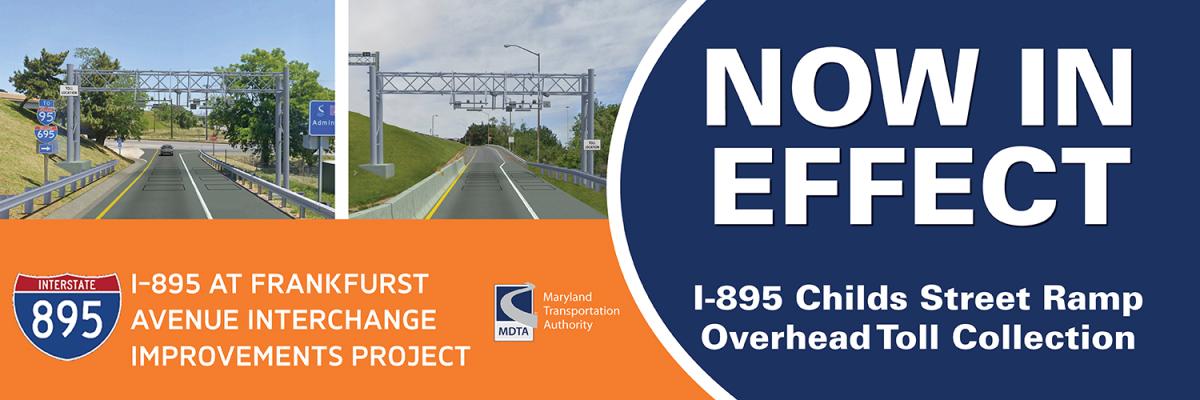
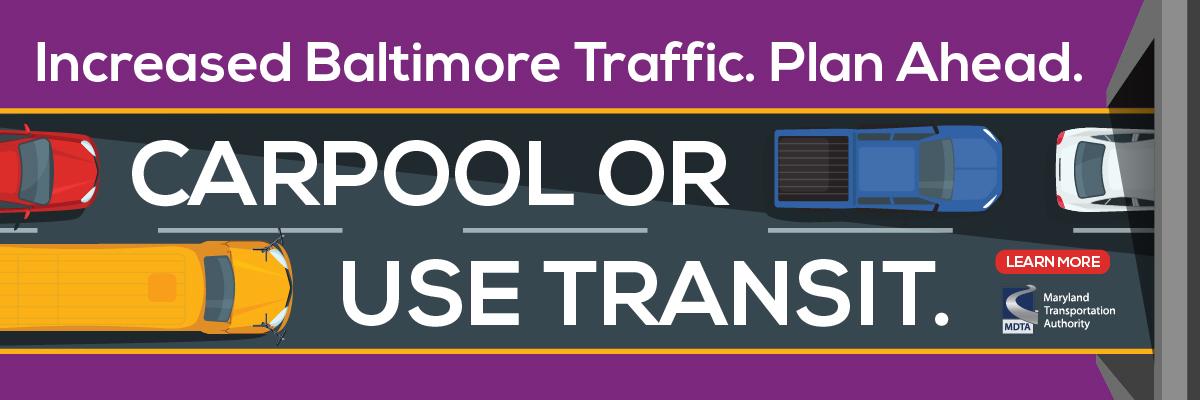


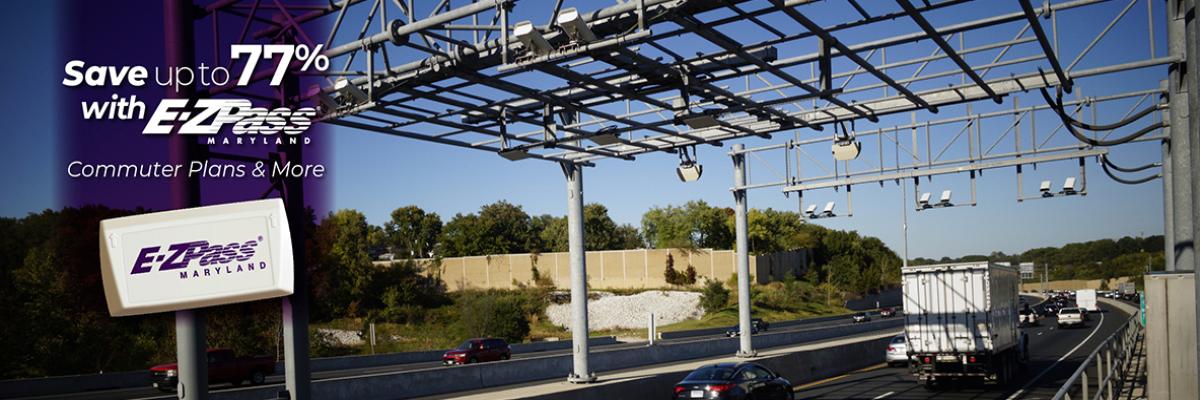
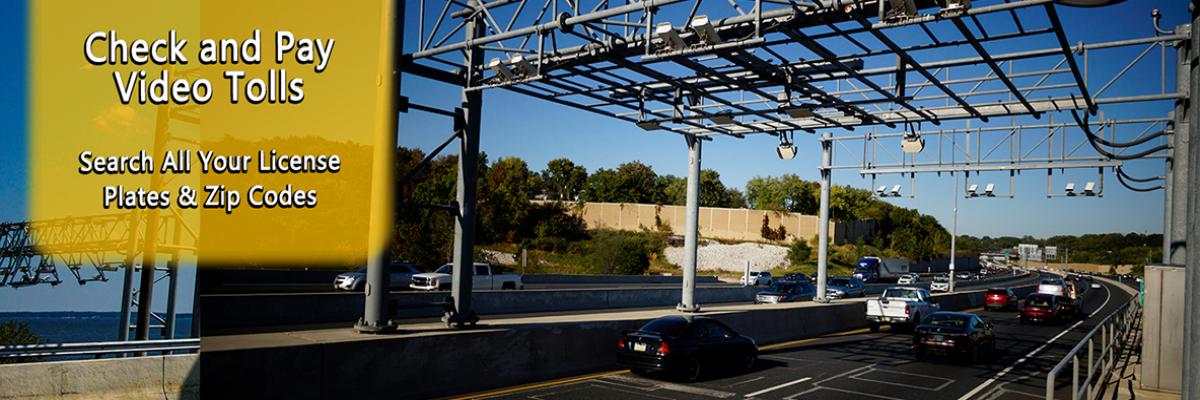
.jpg)
